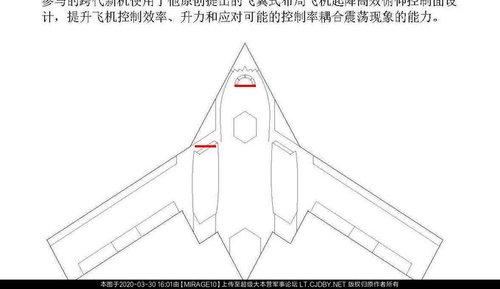
A littoral combat vessel (LCS), is a stealthy, fast and agile naval platform that can be used in close-shore environments. It is intended to defeat asymmetric threats such as mines, submarines and fast surface craft to gain and sustain maritime supremacy in the littoral region.
The LCS was developed to replace the Oliver Hazard Perry-class guided missile frigates that were retired from US Navy service in 2008. Although its primary mission is Anti-Surface Warfare it can also be equipped with modular Mission Packages that allow for other missions like Sea Control or Power Projection.
The LCS is available in two variations: the Freedom and Independence classes. The Freedom class is built on a monohull of steel, while the Independence class uses a trimaran-hull.
Despite the LCS being a relatively new platform, it has suffered from serious cost and reliability issues since its inception. These problems were widely reported in media.

GAO has released a report that shows the LCS program has suffered from poor quality workmanship, cost overruns, structural defects and premature retirements of many ships.
As a result, the LCS has been at risk of becoming an unsustainable weapon system. The program is estimated to cost over $60bn to operate and maintain for the lifetime of the ships.
While the Navy has attempted to address a few of the issues with the vessels, they have not been able to fix them all at once. This is a significant problem for Navy, as it won't have the funds to maintain and upgrade its ships.
The GAO has cited the need for the USN to spend more money on repairing and maintaining the ships to keep them in service. This would be necessary to allow them to continue performing their missions as they are currently designed.
However, taxpayers will be paying a large portion of the repair costs. This is because the Navy must pay contractors for their services.

The Navy's ability and willingness to maintain the vessels in good order for a long period of time raises concerns. This is due to the difficulty and complexity of managing electronic systems on the ships, as well as a lack of experience in maintaining the vessels.
The LCS is also susceptible to corrosion and sacrificial odes. This has caused many of the LCS hulls to crack and be damaged. This has affected their ability and speed in high-speed patrols as well as in rough water.
The Navy was forced to correct the problem after the LCS program failed. These include updating and rectifying the ship's design as well as addressing cost overruns and other issues with the LCS program. The Navy also promised to continue working on the ship's development to improve its performance.